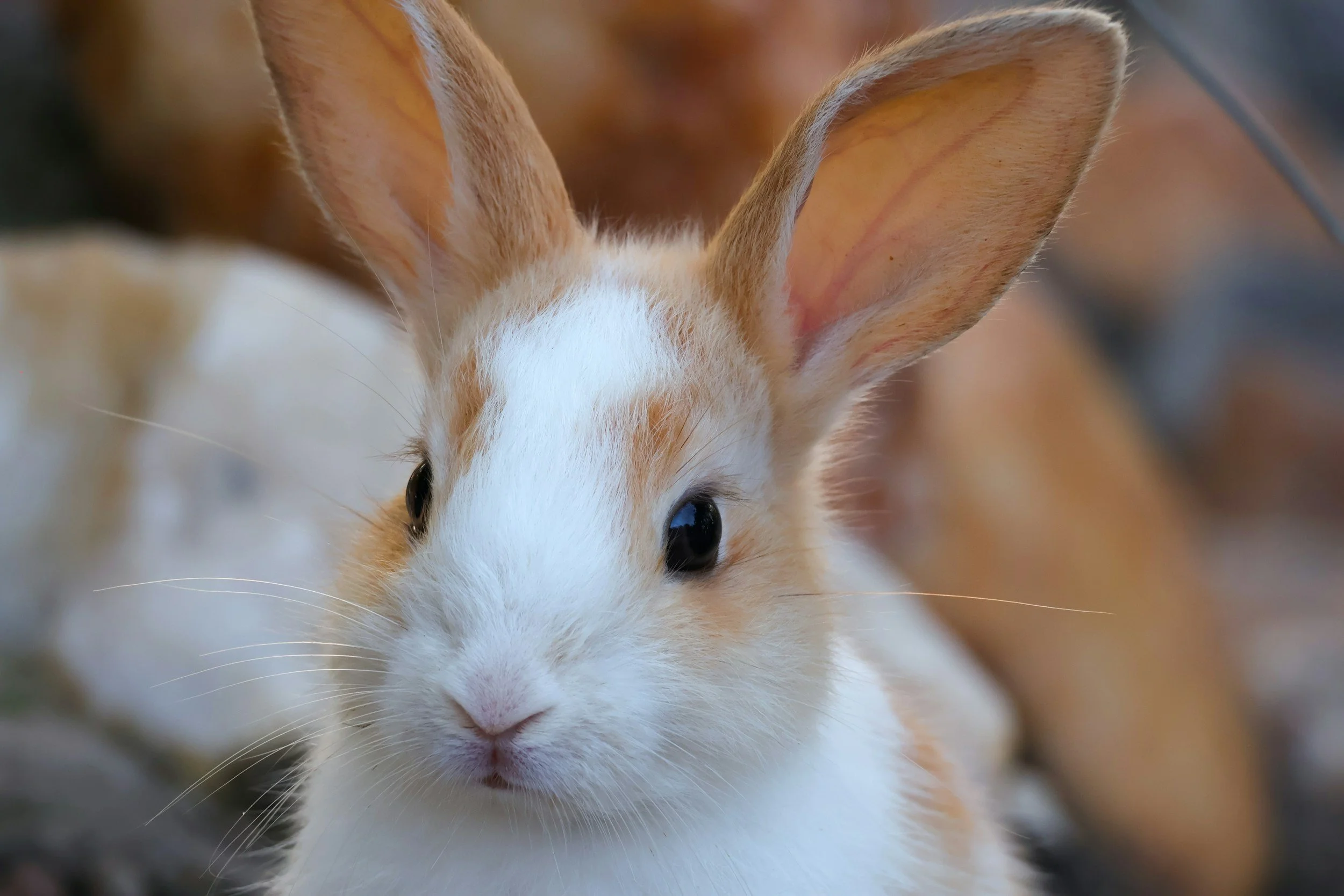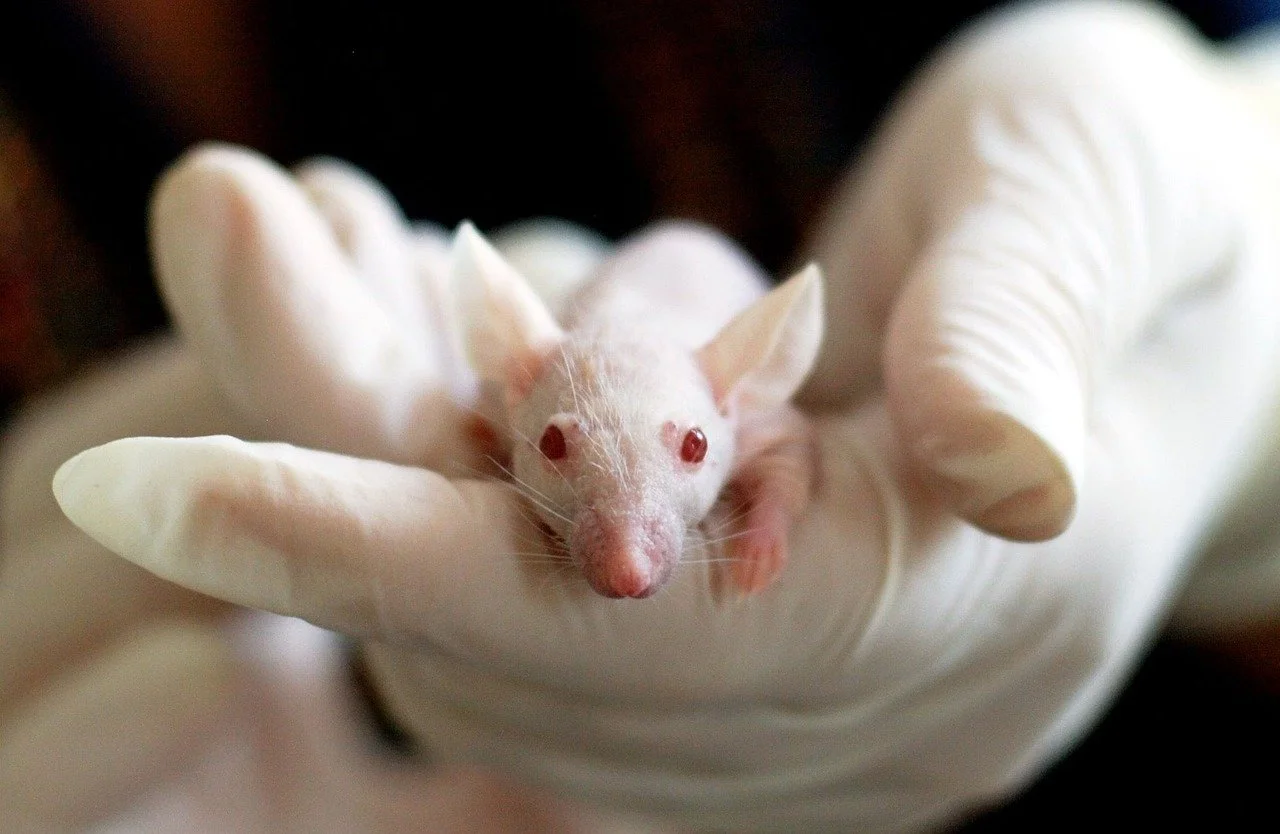‘We have to respect animals’: NIH ends funding for animal-only experiments
The agency will now require that all funded projects consider human-relevant alternatives, signalling a landmark shift toward more ethical science.
The U.S. National Institutes of Health (NIH) has announced that it will no longer issue funding opportunities for research proposals that exclusively involve experiments on animals.
All new NIH-funded opportunities must also include language on non-animal testing methods (NAMS).
The announcement was made at a first-of-its-kind joint meeting, titled Workshop on Reducing Animal Testing, by the NIH and Food and Drug Administration (FDA) to discuss the prioritization of the replacement of animals in research and testing.
This policy comes just months after an April announcement from the FDA, which uncovered its own plan to “phase out animal testing requirement for monoclonal antibodies and other drugs” and “prioritize human-based research technologies”
“I’m delighted to announce today that all new NIH funding opportunities moving forward should incorporate language on consideration of NAMS,” Dr. Nicole Kleinstreuer, Acting NIH Deputy Director for Program Coordination, Planning and Strategic Initiatives stated during the workshop, referring to New Approach Methodologies, a range of modern alternatives to animal testing, such as computer modeling, AI and ‘organs-on-a-chip’ technologies.
“NIH will no longer seek proposals exclusively for animal models,” she added.
“Long-term solutions”
Kleinstreuer has championed the use of human-relevant methods throughout her career, according to the Physicians Committee for Responsible Medicine (PCRM), a nonprofit that has long pushed for the prioritization of human-based models in federal research funding.
“I want really want to emphasize that we are not just investing in NAMS, we are creating the policy, infrastructure and partnerships that make that sustainable adoption possible, so that we are not just shutting down animal labs overnight, we are actually developing long-term solutions that ensure that there are not new animal labs that open up in their place,” Kleinstreuer explained during the meeting.
The Workshop on Reducing Animal Testing reportedly drew overwhelming interest despite in-person attendance being limited to current FDA and NIH staff.
“The number of spots filled up within hours,” commented FDA Commissioner, Dr Marty Makary in his opening remarks. “It was like a Taylor Swift concert, and I think it speaks to just how important this topic is, and how it resonates with everybody – an effort that’s meaningful, with a clear roadmap to reduce animal testing.”
FDA Commissioner Dr. Martin A. Makary opened the meeting by emphasizing the ethical and scientific urgency of moving away from animal testing, citing three crucial benefits to nonanimal methods, including increased speed and efficiency of producing treatments, lower drug development costs, and ethics surrounding animals.
“We have to respect animals,” said Dr. Makary. “This workshop is about reducing animal testing in every way we can while safeguarding public health.”
Animal testing in the U.S. has long been condemned by animal protection groups for its cruelty to animals, with countless dogs, rabbits, primate, mice and other animals subjected to painful and sometimes fatal experiments in an attempt to test the safety of drugs.
Kathy Guillermo, Senior Vice President of People for the Ethical Treatment of Animals (PETA) celebrated the NIH announcement: “This will spare millions of animals from miserable lives and deaths over the years, push American science into the 21st Century, and lead the way to entirely animal-free research that saves lives and money instead of squandering both.”
Advocacy groups are hopeful that strong backing from both the FDA and NIH will help shift the landscape of biomedical research by disrupting the long-standing business model of Contract Research Organizations (CROs), whose profits have traditionally relied on breeding animals and animal experiments.
In addition to animal welfare concerns, animal testing has increasingly been seen in recent years as outdated science, which wastes money and resources on tests that often fail to replicate results in humans.
This was mirrored by Kleinstreuer during the workshop, who explained that NIH’s goals “really cannot be fulfilled using outdated animal-based models that fail to translate to human outcomes.”
“We must embrace new technologies,” she emphasized.
This elimination of animal testing has become more and more popular in public opinion over the last two decades. A 2022 Gallup poll shows that 43 percent of Americans say that medical testing on animals is “morally wrong,” whereas only 26 percent agreed with this in 2001.
What are the non-animal alternative methods?
Modern technology has opened the door to human-relevant research methods that are increasingly considered more accurate and reliable than traditional animal testing.
Among the most promising innovations are lab-grown human organoids and organ-on-a-chip systems, which can replicate the functions of organs like the liver, heart, and immune system. These models allow scientists to assess drug safety with far greater precision than tests on animals.
Advances in artificial intelligence are offering another powerful animal-free alternative. AI-driven computer models are already outperforming animal tests in predicting the adverse effects of certain drugs. Using deep learning, these models can analyze chemical compounds and forecast how they will behave in the human body, offering faster, more ethical, and more human-relevant results.
How can you help?
You can read more about the alternatives to animal testing here, or listen to the Species Unite podcast episodes focused on different forms of animal testing here.
Please also send a letter to help end FDA-mandated animal testing here - it takes less than two minutes.
Everyday actions and choices also hold immense power. Buying cruelty-free products, whether it is cosmetics or household items, is crucial to ending animal testing. Always look for the Leaping Bunny symbol on your products to ensure it is cruelty-free.
We Have A Favor To Ask…
Species Unite amplifies well-researched solutions to some of the most abusive animal industries operating today.
At this crucial moment, with worldwide momentum for change building, it’s vital we share these animal-free solutions with the world - and we need your help.
We’re a nonprofit, and so to keep sharing these solutions, we’re relying on you - with your support, we can continue our essential work in growing a powerful community of animal advocates this year.





In most U.S. prisons, inmates cannot legally obtain plant-based food - even if they offer to pay for it themselves.